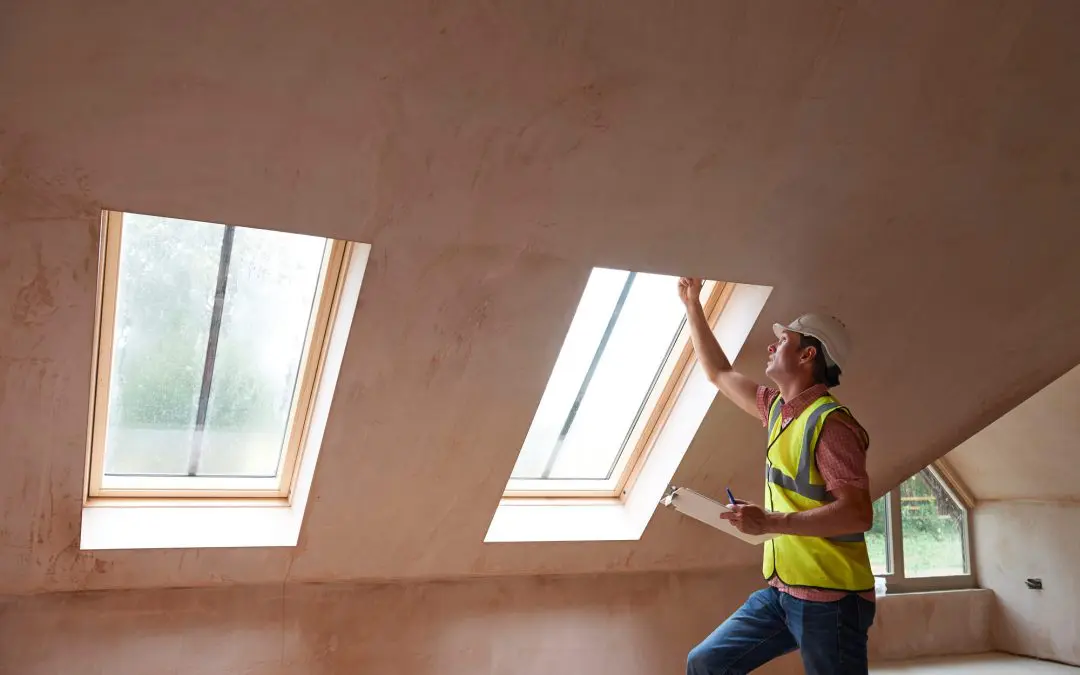Purchasing your first home is an exciting step, full of potential and promise. However, uncertainty can quickly overshadow the excitement if you’re not prepared for the essential stages of buying, particularly the home inspection. In this blog post, we’ll share tips and insights to help you through this crucial part of your home-buying journey.
Understanding the Role of a Home Inspection
A home inspection is a thorough review of a property’s physical condition, typically performed after a buyer makes an offer but before the sale is finalized. This inspection aims to identify significant issues that could impact the buyer’s decision or require future repairs. This inspection covers various aspects of the home, from structural elements to the functionality of installed systems.
Selecting a Qualified Home Inspector
The first step in a successful home inspection is choosing the right inspector. It’s essential to select a certified and experienced professional. Look for certifications from respected organizations such as the American Society of Home Inspectors (ASHI) or the International Association of Certified Home Inspectors (InterNACHI). Checking online reviews and requesting referrals from your real estate agent or friends will also lead you to reliable inspectors.
Preparing for Inspection Day
As the inspection day approaches, prepare to be as involved as possible. Being present during the inspection lets you see the home’s condition firsthand and gain valuable insights from the inspector. Ensure the seller agrees to provide complete access to the house, including areas like the attic, basement, and utility spaces.
Key Focus Areas During the Inspection
Structural Integrity
The inspector will examine the foundation, walls, floors, and roof. Structural issues can be costly to repair, and early detection is crucial. Pay close attention to the inspector’s assessment of these areas.
Roof and Exterior
The exterior of the house, including the roof, walls, and windows, plays a critical role in protecting the interior from the elements. The inspector will check for deteriorated shingles, faulty siding, and ineffective drainage systems.
Plumbing, Electrical, and HVAC
These systems are integral to the home’s daily operation. The inspection will cover the condition of the plumbing lines, electrical panels and wiring, heating and cooling systems, and other mechanicals to confirm that they are up to code and in good working order.
Interiors and Appliances
The inspection also covers interior components like floors, ceilings, walls, stairs, and built-in appliances. This checks that everything is in good condition and functioning as expected.
Interpreting the Inspection Report
After the inspection, you will receive a detailed report outlining the findings. It’s important to review this document carefully to understand the condition of every aspect of the house. If you find the report overwhelming, ask your inspector for clarification and further explanation.
A home inspection is a powerful tool to let you know you’re making a sound investment. It provides peace of mind by revealing the property’s actual condition and helping you plan for future expenses. With these tips and a deeper understanding of what to expect, you’re better prepared to navigate your home inspection confidently and effectively. Remember, this step isn’t just about finding imperfections; it’s about understanding and preparing for the responsibilities of homeownership.
Home Inspection FAQs
What should I do if the inspection uncovers serious issues?
If major problems are identified, you have several options: negotiate with the seller to repair the issues, ask for a price reduction, or reconsider the purchase if the problems are too severe.
How long does a home inspection take?
The duration of a home inspection varies, but on average, it takes 2-4 hours, depending on the size and condition of the property.
Can a home fail an inspection?
No, a home cannot “fail” an inspection. The report simply provides an objective assessment of the home’s condition, highlighting defects and areas of maintenance that will need attention sooner or later.
Should I skip the inspection if the house is new?
It’s not advisable to skip the inspection, regardless of the age of the home. Even new homes can have defects that need addressing, as things may have been overlooked during construction.
Is there anything I should ask the inspector during the inspection?
Ask about the severity of any issues found, potential solutions, and the typical costs associated with necessary repairs or replacements. This information is invaluable in your decision-making process.
Liberty Inspections offers comprehensive home inspection services to the Greater Phoenix area. Contact us to schedule an appointment today.
